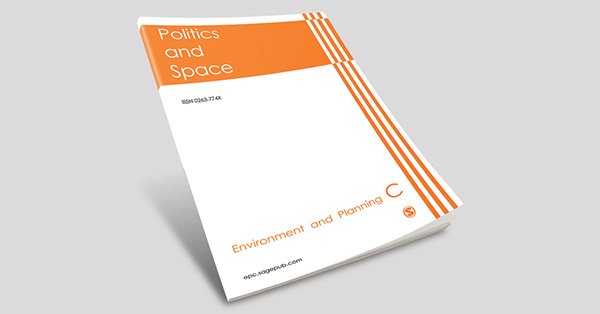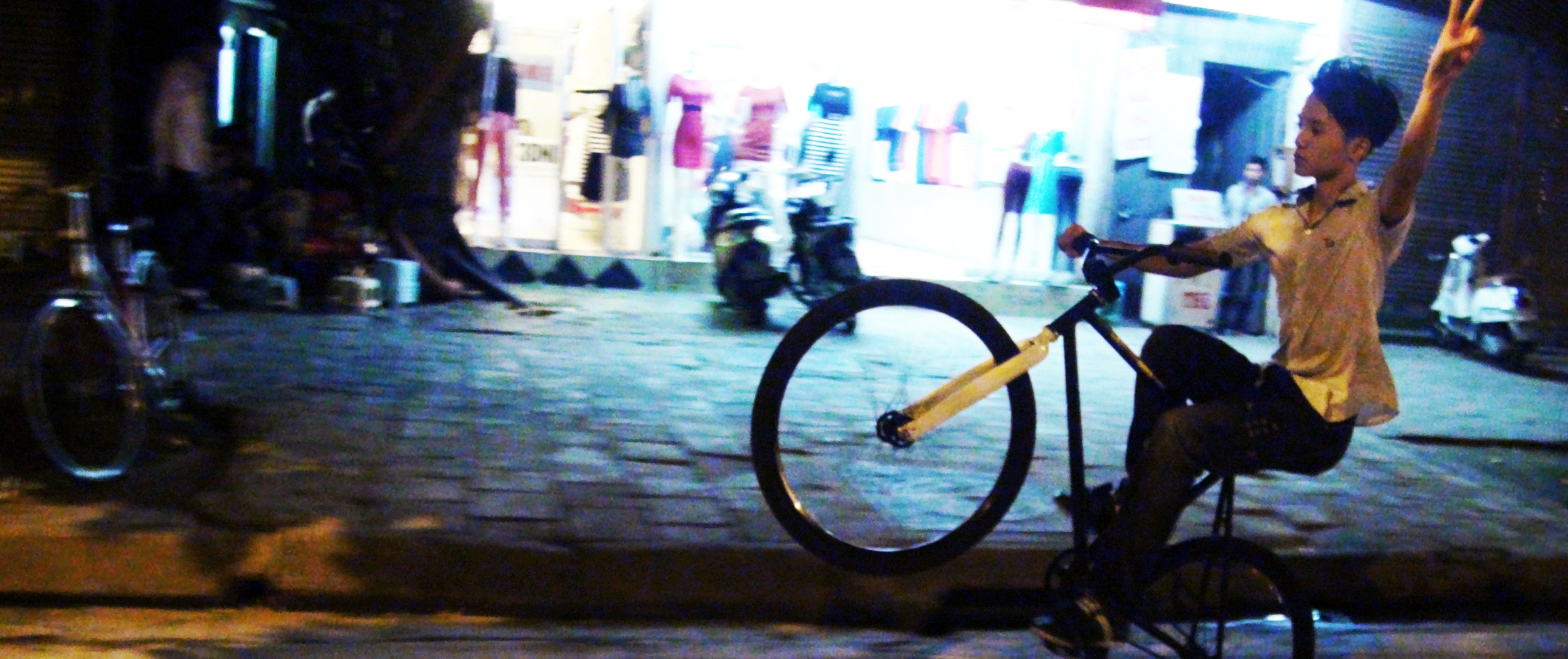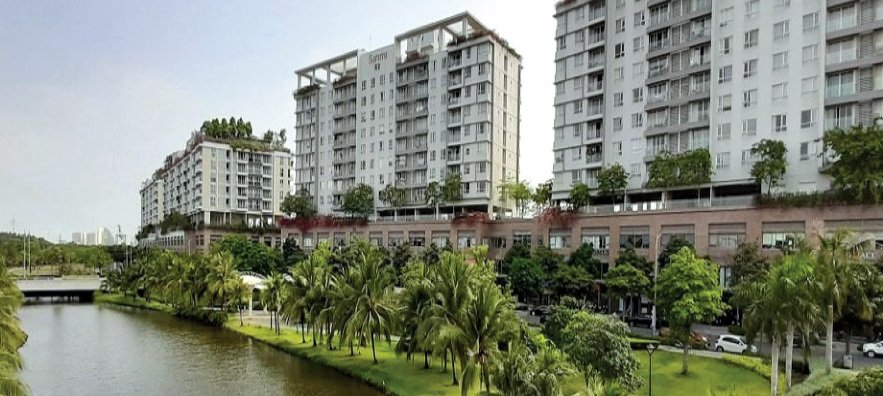
A Better Urban World for All
Towards a Better Urban Future for All
How can urban planners and other built environment professionals help cities of the global south meet the growing needs for housing, transportation, jobs, etc., of their rapidly expanding and overwhelmingly poor populations? And how can these professionals ensure, at the same time, the development of sustainable urban settlements—i.e., places where economic growth and social development which foster wealth creation, social equity, and human flourishing are in balance with the carrying capacity of the natural systems on which they depend?
NEWS
PROJECTS
Ongoing Projects
TRYSPACES
Boy on a bike in the streets of Hanoi. Credit : A. Miquet 2013
TRYSPACES, for “transformative youth spaces”, is a multidisciplinary research project focusing on the use of public spaces by young people in a highly interconnected urban context. Through a collaborative and comparative approach, TRYSPACES proposes to explore the often-considered transgressive use practices of public spaces (physical and virtual) by teenagers and young adults in Mexico City, Paris, Montreal and Hanoi. The project aims to understand the role of their spatial appropriation practices in constructing an identity and the relationship between their transgressive actions and urban governance systems.
Zapopan, child-friendly city : applied-research partnership with the Mexican municipal sector
The street as a playground, in an underprivileged neighborhood of Zapopan, Mexico. Photo by Zapopan’s Strategic Projects’ Office.
Being a city of significant socio-spatial differences, Zapopan (in Guadalajara’s metropolitan region, Mexico, a territory of 4,3 million people) is facing important challenges in urban redefinition. This applied-research aims to providing new tools to the municipal sector in order to develop and put in place meaningful actions improving the city’s quality of life.
Ha Noi Ad Hoc 1.0
Ha Noi Ad Hoc is a multiannual, international, and interdisciplinary research-design programme initiated by Arch. Mai Hung Trung and prof. Danielle Labbé with the support of Arch. Duc Le and Emmanuel Cerise along with Profs. Christina Schwenkel and Sylvie Fanchette. It brings together about 40 professionals and students in the built environment disciplines (architecture, urban design, landscape architecture) along with academics (urban planning, geography and anthropology) based in Asia, Europe, and North-America. This design-research collective playfully investigates the ordinary elements constitutive of Hanoi's urban palimpsest with an aim to raise awareness about their importance and to imagine alternate futures for them.
The role of the private sector in the production of open public spaces in Hanoi and Ho Chi Minh City
The production of public open spaces, such as parks, public gardens, and playgrounds, has undergone major changes in Vietnam over the past two decades. Beginning in the late 1990s, policymakers adopted a series of public policies aimed at shifting a significant portion of the responsibility for investing in the design, construction, and management of these spaces from the public sector to the private sector. This study, written by Danielle Labbé, Clément Musil and Trần Thị Mai Thoa, will analyse the quality of said privately-managed public spaces in the cities of Hanoi and Ho Chi Minh City, as little systemic research has been conducted on the quantity, types and quality of these spaces.
Completed Projects
Bridging the gap: new towns and village-based urbanization in Hanoi, Vietnam
A new high-rise building overlooks a temple in one of Hanoi's many urban villages. Photo by Danielle Labbé.
Urbanization is drastically remodelling the outskirts of Southeast Asian cities. This study explores an increasingly salient driver of this transformation process: the production of large-scale, mixed-use land redevelopments often called “new towns.”
Emerging real estate markets and urban production dynamics in metropolitan territories:
A comparative perspective on continental Southeast Asia
A new mixed-use development rises from the paddy fields on the periphery of Hanoi. Photo by Clément Musil (2012).
Funded by the Observatoire Ivanhoé Cambridge du développement urbain et immobilier, this research program brings together five researchers in urban planning, urban design, economics and geography. It aims to shed light on the relationship between real estate dynamics and the formation of metropolitan areas in continental Southeast Asia and in other regions of the developing world where real estate markets are either emerging or undergoing profound changes.
Climate change adaptation in informal settings:
understanding and reinforcing bottom-up initiatives in Latin America and the Caribbean
Recent constructions on stilts in Cuba. Photo by Mamed Muffak.
In the face of climate change and variability, this project explores how agents of change (women in particular), implement adaptation strategies to reduce vulnerabilities and enhance resilience in informal settings in small/medium-sized cities in Latin America and the Caribbean.








